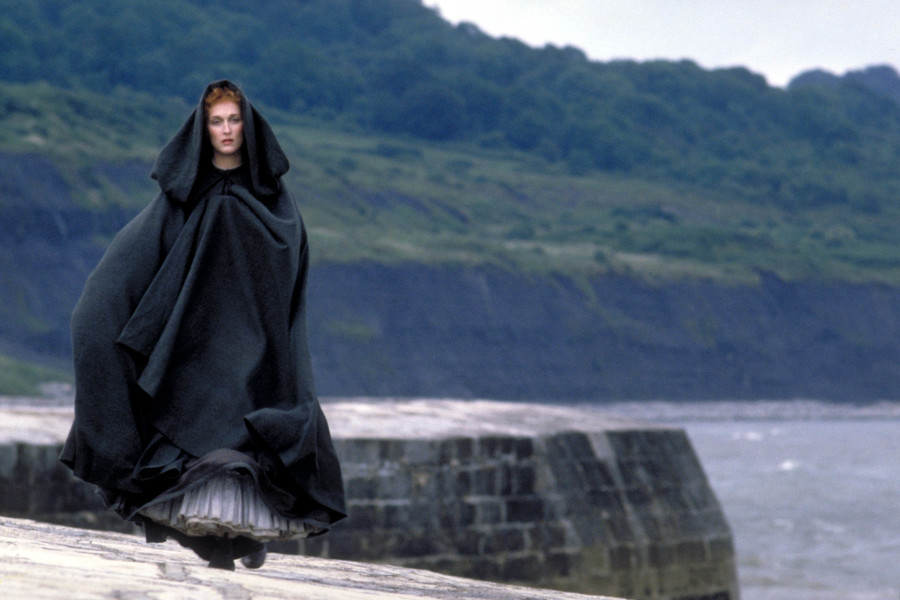Приговор при свечах / Judgment in candlelight - Владимир Анатольевич Арсентьев
Книгу Приговор при свечах / Judgment in candlelight - Владимир Анатольевич Арсентьев читаем онлайн бесплатно полную версию! Чтобы начать читать не надо регистрации. Напомним, что читать онлайн вы можете не только на компьютере, но и на андроид (Android), iPhone и iPad. Приятного чтения!
Шрифт:
Интервал:
Закладка:
First and foremost, the new court was open and public with active participation of the parties. So-called adversarial proceedings were introduced with regard to both civil and criminal cases. In civil trials, parties or their representatives presented their pleas before the judges. In criminal trials, one party was represented by the state prosecuting attorney – a prosecutor or deputy prosecutor– and the other by the defendant’s counsel – a lawyer belonging to the new autonomous estate of barristers (prisiazhnye poverennye) that only included persons with legal education. If a defendant was not able to pay for the lawyer’s services, they were assigned a free defense attorney. The question of guilt was considered by a jury of twelve, randomly selected “among local inhabitants of all estates,” whose names were on the corresponding lists.
According to the new statutes, judicial power belonged to a number of bodies. Less serious cases were considered by justices of the peace elected by the uyezd territorial assembly (zemskoe sobranie). The first obligation of a justice of the peace was to try to reconcile the parties and reach an amicable settlement. Their courts subordinated to Congresses of Justices of the Peace in every uyezd. Each Congress was presided over by a chairman elected from its members.
District courts, divided into civil and criminal departments, were instituted to handle more serious cases. Those courts consisted of tenured judges. The position of judicial investigator was introduced to conduct preliminary investigations in criminal cases. The instances of appeal for the district courts were Judicial Chambers instituted in several large cities, heading the corresponding jurisdictions.
The highest judicial instance for the whole empire was the Governing Senate. However, it only functioned as the “highest cassation court,” i. e. it could reverse judgments of lower courts only in cases when those judgments were delivered in violation of legal judicial procedure.
The senators were appointed “at the direct discretion of His Imperial Majesty,” while members of district courts and judicial chambers were appointed from candidates nominated by those institutions. All the judicial officials appointed by the government enjoyed independence and irremovability from office, and the law provided that they could not “be dismissed without petition.”
The leaders of the reform effort managed to recruit good personnel for judicial offices, while well-spoken, acclaimed lawyers often attracted the general public to court proceedings. Soon the new courts became very popular in the liberal circles, simultaneously evoking outrage among conservatives and hardliners, who suspected “disruption of the basic principles” and even political danger in the many acquittals delivered by the jurors. The government was also abashed by the liberalism of the new courts, and it was already during the rule of Alexander II that “crimes against the state” were taken away from jury courts and transferred to “special offices” of the Senate or Judicial Chambers, and in exceptional cases to military courts.[219]
In Siberia, however, neither courts nor prosecutorial supervision were independent from the administration. The governor approved all verdicts in judicial cases, and if he disagreed with the governorate court, the Council of the Main Directorate reexamined the case.
The governorate court, which included the court president and four advisors, heard both civil and criminal cases.
The district (okrug) court included the district judge, two or three jurors depending on the population of the district, and the district solicitor. The court considered “civil contentious and criminal cases,” except for cases of abuse of office, which were heard by the governorate court.
The municipal (zemskii) court was formed by the land captain “as president” and two (sometimes three or four) assessors depending on the population and area of the okrug. The court supervised peasant self-government, informed the residents about administrative decrees and rulings, took “measures in cases of epidemics and cattle die-offs,” and oversaw bread, salt, and liquor stores.
Importantly, Siberian municipal courts had the duty to keep track of exiles, distributing them according to their designations and supervising convoy and placement operations.[220]
Exile (deportation) as a primary or additional criminal sanction existed in Russia from 1649[221] until February 18, 1993,[222] although even earlier, since the end of the 16th century, it was used in political power struggles. The explanation why that practice was abolished can be expressed in the following dilemma: either the exile lost its social meaning or the country expanded so much with Siberia… might Russia itself have become a place of exile?
4.2. The Court Ruling
I wonder who the judges are!
With age they show hostility to freedom.
Alexander Griboyedov, Woe from Wit
Seventy years before serfdom was established in the Tsardom of Muscovy and the social arbitrariness of the administration became law, the French philosopher of the Renaissance, Michele de Montaigne (1533–1592), noted how “judges use fraud and false hopes of favour or of pardon to tempt criminals to reveal what they have done, even using barefaced lies.” Writes the philosopher and judge, “It would be helpful to justice (and to Plato, too, who is in favour of that practice) to furnish me with other methods, more in keeping with myself. Such justice is crafty, I reckon that it is no less wounded by others than by itself.”
Montaigne continues, recounting the events that happened in his time: “Some men had been condemned to death for murder; the sentence, if not pronounced, was at least settled and determined. At this juncture the judges were advised by the officials of a nearby lower court that they were holding some prisoners who had made a clean confession to that murder and thrown an undeniable light on to the facts. The Court deliberated whether it ought to intervene to postpone the execution of the sentence already given against the first group. The judges considered the novelty of the situation; the precedent it would constitute for granting stays of execution, and the fact that once the
Прочитали книгу? Предлагаем вам поделится своим отзывом от прочитанного(прослушанного)! Ваш отзыв будет полезен читателям, которые еще только собираются познакомиться с произведением.
Уважаемые читатели, слушатели и просто посетители нашей библиотеки! Просим Вас придерживаться определенных правил при комментировании литературных произведений.
- 1. Просьба отказаться от дискриминационных высказываний. Мы защищаем право наших читателей свободно выражать свою точку зрения. Вместе с тем мы не терпим агрессии. На сайте запрещено оставлять комментарий, который содержит унизительные высказывания или призывы к насилию по отношению к отдельным лицам или группам людей на основании их расы, этнического происхождения, вероисповедания, недееспособности, пола, возраста, статуса ветерана, касты или сексуальной ориентации.
- 2. Просьба отказаться от оскорблений, угроз и запугиваний.
- 3. Просьба отказаться от нецензурной лексики.
- 4. Просьба вести себя максимально корректно как по отношению к авторам, так и по отношению к другим читателям и их комментариям.
Надеемся на Ваше понимание и благоразумие. С уважением, администратор knigkindom.ru.
Оставить комментарий
-
 Гость Анастасия28 июль 20:09
Анастасия, спасибо. Спасибо за этот мир. Спасибо за эмоции, за ночи без сна за книгой. Спасибо. ...
Крайние земли - Анастасия Владимировна Лик
Гость Анастасия28 июль 20:09
Анастасия, спасибо. Спасибо за этот мир. Спасибо за эмоции, за ночи без сна за книгой. Спасибо. ...
Крайние земли - Анастасия Владимировна Лик
-
 Гость Светлана26 июль 20:11
Очень понравилась история)) Необычная, интересная, с красивым описанием природы, замков и башен, Очень переживала за счастье...
Ледяной венец. Брак по принуждению - Ульяна Туманова
Гость Светлана26 июль 20:11
Очень понравилась история)) Необычная, интересная, с красивым описанием природы, замков и башен, Очень переживала за счастье...
Ледяной венец. Брак по принуждению - Ульяна Туманова
-
 Гость Диана26 июль 16:40
Автор большое спасибо за Ваше творчество, желаю дальнейших успехов. Книга затягивает, читаешь с удовольствием и легко. Мне очень...
Королевство серебряного пламени - Сара Маас
Гость Диана26 июль 16:40
Автор большое спасибо за Ваше творчество, желаю дальнейших успехов. Книга затягивает, читаешь с удовольствием и легко. Мне очень...
Королевство серебряного пламени - Сара Маас










